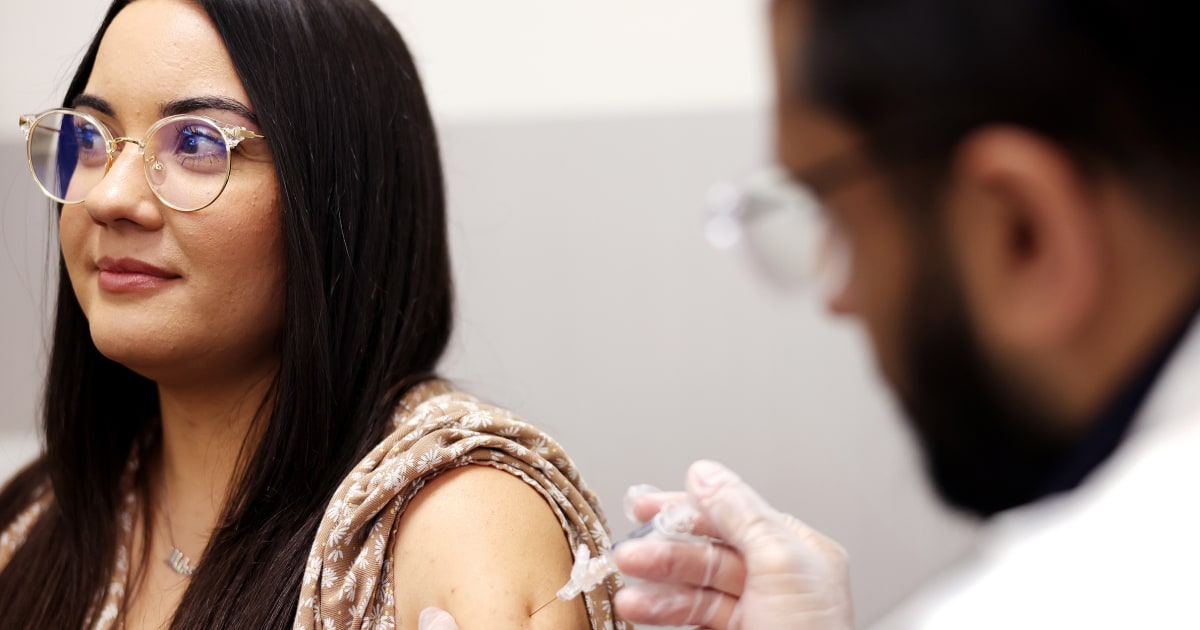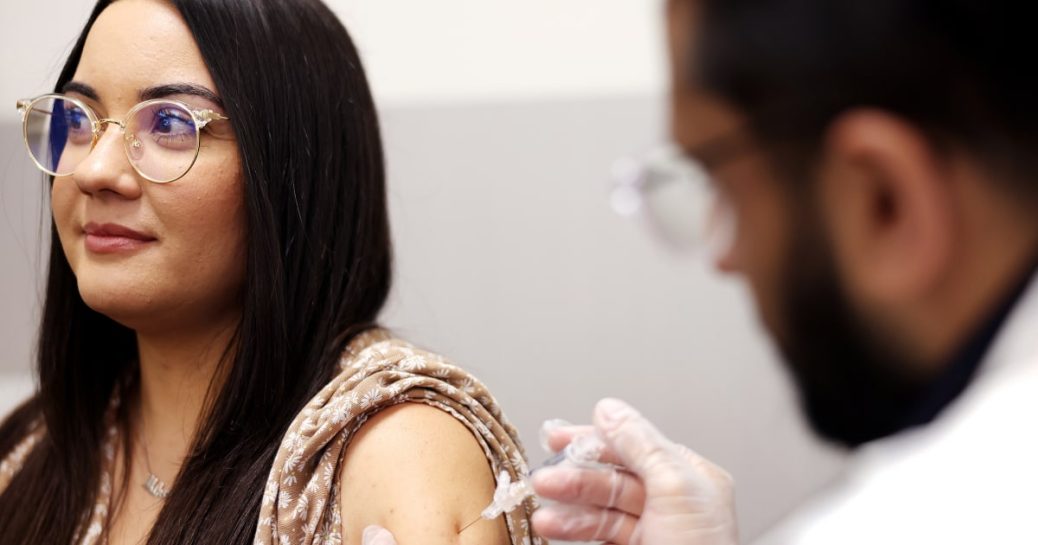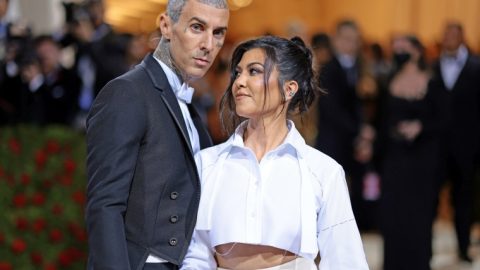
A Food and Drug Administration vaccine advisory committee meeting scheduled for March to select the strains to be included in next season’s flu shot has been canceled, a panel member said Wednesday.
Federal health officials notified members of the Vaccines and Related Biological Products Advisory Committee of the cancellation in an email Wednesday afternoon, said committee member Dr. Paul Offit, director of the Vaccine Education Center at Children’s Hospital of Philadelphia.
The email, Offit said, offered no explanation for the scrapped meeting.
A spokesperson for the Department of Health and Human Services, which oversees the FDA, did not immediately respond to a request for comment.
The cancellation comes as the United States is in the midst of a particularly severe flu season. So far, 86 children and 19,000 adults have died this season, according to data from the Centers for Disease Control and Prevention.
“I’m quite shocked,” Norman Baylor, a former director of the FDA’s Office of Vaccine Research and Review, said in an email. “As you know, the VRBPAC is critical for making the decision on strain selection for the next influenza vaccine season.”
The FDA typically convenes the meeting every spring to get recommendations on which strains should be included in the upcoming flu vaccine.
The meetings are important because the flu virus changes year to year, and the vaccine must be updated to provide the best protection. Deciding on the strains in the spring gives vaccine manufacturers enough time to produce the shots to be ready for the fall.
For the 2024-2025 flu season, drugmakers supplied the U.S. with an estimated 148 million doses of flu shots, according to the CDC. It’s unclear what the canceled meeting will mean for people in the U.S. who want to get a flu vaccine next season.
On Friday, a World Health Organization advisory committee is scheduled to meet on which strains should be included in the next flu vaccines in the Northern Hemisphere. That meeting typically influences the FDA’s strain selection.
In January, President Donald Trump issued an executive order to begin the process of withdrawing the U.S. from the WHO. Federal health officials were later ordered to stop communicating with the WHO.
Stat News reported Monday that officials from both the FDA and the CDC would participate virtually in the WHO meeting, however.
The canceled FDA advisory meeting comes just days after a CDC vaccine advisory committee meeting was abruptly postponed.
That meeting included a presentation and vote on a number of vaccines, including the use of the British drugmaker GSK’s meningococcal vaccine, as well as for a new chikungunya vaccine and the recently approved at-home nasal spray for influenza.
The canceled meeting in March is likely to add to concerns among scientists that HHS Secretary Robert F. Kennedy Jr, an anti-vaccine activist, could undermine the vaccine regulatory process in the U.S., possibly leading to a resurgence of preventable diseases.
Lawrence Gostin, director of the O’Neill Institute for National and Global Health Law at Georgetown University, said this is a “clearly emerging pattern to undermine, even eliminate, scientific advisory committees at HHS.”
“I fear that Secretary Kennedy is implementing his long held skepticism of science and scientific evidence,” Gostin said.
Earlier Wednesday, Texas health officials reported that an unvaccinated child in the state died from the measles, the first death from the virus in a decade. An outbreak in the state has led to at least 124 cases, mostly in children.
“It’s a bad day for infectious diseases,” said Dr. Ofer Levy, director of the precision vaccines program at Boston Children’s Hospital, who has advised the FDA on vaccines.









Recent Comments